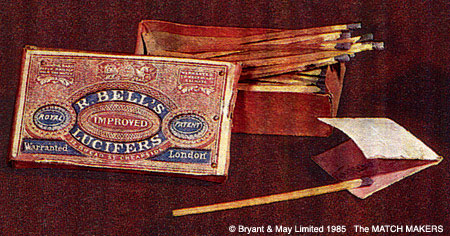Only God is good and Jesus is God.
*sigh*
Again, what is your definition of the word "me" in the words of Jesus:
"Why do you call me good? Only God is good."
Hi Aikido,
If you look closely at what I was attempting to explain to Elia immediately before your comments, (yours and GT's on the same previous page which I have quoted) perhaps you may see that the answer is found in what was presented. Only Elohim knows good and evil. YHWH Elohim does not "know" evil, (and "know" is also used for a man "knowing his wife" in the carnal way). It is Elohim in the beginning who divided the Light from the Darkness and therefore has been given the right to divide between the sons of light and the sons of darkness, the sheep and the goats, the good and the evil, and as High Priest over the House of YHWH he has in his ephod breastplate pouch both the white light stone with a new name having been written therein or the black light stone of the blackness of darkness forever. And he will indeed give to each according to his works when he comes; to some the Bright and Morning Dawn Star, but there is one star of the morning dawn and another of the evening dawn. The greater luminary to rule the day, the lesser luminary to rule the night.
Hi Elia,
First off just a slight possible difference with the last portion highlighted from your post: perhaps it is more like that the emissary speaks with the authority of equal force to the one who sent the messenger-emissary, (as opposed to saying the emissary is flat out "equal to the one who sends him"). But more importantly to the other points I have highlighted in your post: we do not read anywhere in the Septuagint that YHWH, (Kurios) "knows good and evil" so you might want to do a little research into the following because I do believe that the Name of YHWH has been inserted by the Masoretes into the text of Genesis 3:22. If the Name is not in the original text then we have nowhere that YHWH is said to "know good and evil" and it is rather only [the] Elohim which know good and evil. The reason I bring this up is because in this passage once again we see the "us" where Elohim says "the man is become as one of us, to know good and evil". This is therefore a critical point imo:
Genesis 3:22-23 KJV
22. And the Lord God [YHWH Elohim] said, Behold, the man is become as one of us, to know good and evil: and now, lest he put forth his hand, and take also of the tree of life, and eat, and live for ever:
23. Therefore the Lord God [YHWH Elohim] sent him forth from the garden of Eden, to till the ground from whence he was taken.
Genesis 3:22-23 Septuagint (Brenton Translation)
22. And God [ho Theos - Elohim] said, Behold, Adam is become as one of us, to know good and evil, and now lest at any time he stretch forth his hand, and take of the tree of life and eat, and [so] he shall live forever--
23. So the Lord God [Kurios ho Theos - YHWH Elohim] sent him forth out of the garden of Delight to cultivate the ground out of which he was taken.
http://www.ellopos.net/elpenor/physis/septuagint-genesis/3.asp?pg=2
When we compare this passage with Genesis 1:26, where Elohim says "Let us make man in our image", we see that man is made in the image of Elohim, plural, (and man is therefore "equal to the Elohim-Angels" in the regeneration). But this does not say that man is made in the image of YHWH; nor is it implied, stated, or suggested anywhere outside of the Masoretic version of Genesis 3:22 that YHWH knows good and evil. In the Masoretic Text you have YHWH Elohim speaking to possibly some Elohim Angels but in the Septuagint you have [the] Elohim speaking as if asking "what if?", (what if now in his fallen state the man eats from the tree of Life and lives forever?) and in the next verse, Genesis 3:23, we have the Father YHWH Elohim sending the man out of Gan Eden so that the "what if?" does not come to pass.
:sheep:


